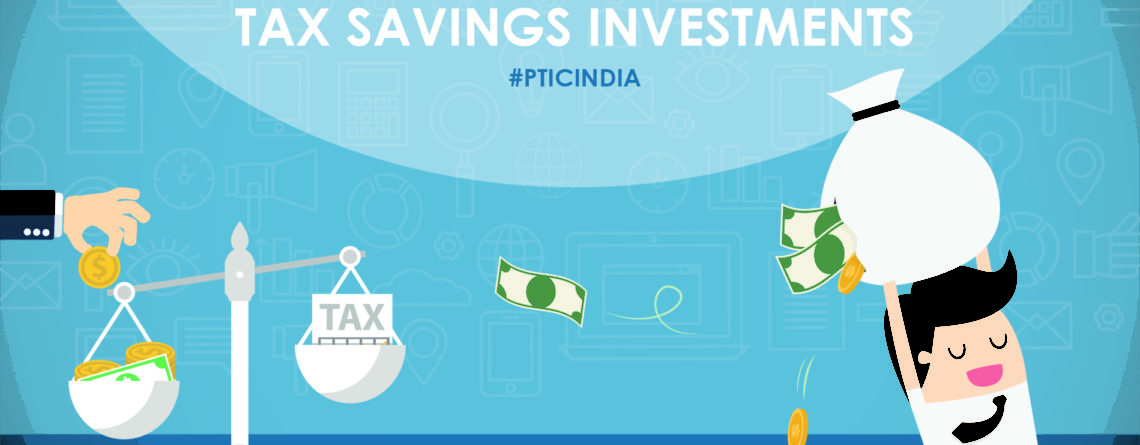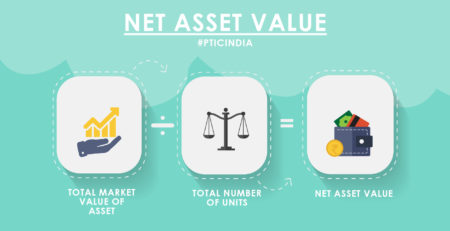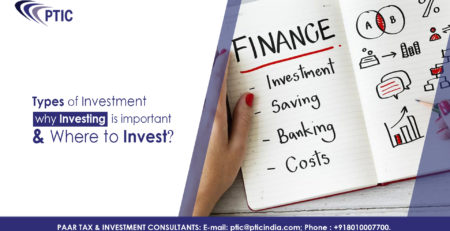The introduction or rather reintroduction of long-term capital gains taxes on equity mutual funds including ELSS(equity-linked savings schemes) has made some novice investors a bit jittery. A lot has already been written and said about long-term equity gains taxes on equity schemes. In short, considering the potentially high returns, Rs. 1 lakh annual gains taxation threshold. And the grandfathering of returns till 31st January 2018, equity schemes still hold the edge over competing investments. This also holds true for ELSS funds that investors choose for making tax saving investments.
In case you are still on the fence regarding if there are any benefits of opting for tax saving mutual funds over traditional tax saving investments. Here are top 7 Reasons ELSS are Better Than Other Tax Saving Investments:
1. Short Lock-in:
All tax-saving investments feature a lock-in period which currently varies from 3 years to 15 years. During this lock-in period, you are not allowed to redeem your investment or make withdrawals except for some specific emergencies. As per existing rules, among the available tax saver investments in India, ELSS i.e. tax saver mutual funds have the shortest lock-in period of 3 years. This allows you the ability to shift to a different investment option within a relatively shorter period of time in case your chosen investment is not performing as per your expectations. Obviously, in the case of tax saver schemes with longer lock-in period, you do not receive the same flexibility.
2. Flexibility to Choose Investment tenure:
The flexibility of mutual fund schemes is unmatching even in case of tax saver investments. Because you have the option to choose your investment tenure beyond the 3-year lock-in. In case of most other tax saving investments, you have to invest in blocks of 5 years or more beyond the initial lock-in period. This is not the case with ELSS schemes. You can stay invested for a day or even for decades after the completion of the initial three year lock-in period. Typically staying invested in a top rated ELSS mutual fund for a longer period offers you greater compounding benefits.
3. Potentially Higher Market Linked Returns:
ELSS are market-linked diversified equity schemes. This gives them an edge over fixed return investments that offer tax benefits. The main problem that fixed rate tax saving schemes such as PPF have is that inflation reduces the actual returns generated by these investments over time. Fortunately being market-linked, tax saver mutual funds can provide potentially higher returns that can beat the adverse impact of inflation in the long term. This is the key reason why many individuals who make investments with the intention of planning for retirement or other future expenses. They have moved away from old-school options such as fixed deposits and PPF to mutual funds and ELSS instead.
4. Compounding Benefit:
Compounding is what makes today’s investments more valuable in the long term. Equity-linked savings schemes can potentially deliver superior compounding benefit when compared to traditional tax saving investments. This is because the returns offered by traditional instruments such as tax saver fixed deposits and PPF tend to offer a lower rate of return than the average ELSS. This causes the compounding of the initial investments to grow slowly and reduces the overall benefit of compounding for you in the long term.
In the case of mutual funds such as ELSS, the potential returns being higher, these compounding benefits tend to add up faster for investors. It must, however, point out that ELSS returns do not have a fixed ROI. Hence during some periods, returns will be considerably higher than during other periods. With historic long-term average returns of equity schemes recorded at 12% per annum.
5. The option of SIP Investment:
SIP or systematic investment plans are akin to recurring deposits for ELSS investments. Currently, this route has emerged as the key driver of equity mutual fund investments in India. For starters, a SIP allows you to invest over the long term in small installments so you do not need to worry regarding upsetting your monthly or annual budget. SIP is also suitable for individuals who tend to have trouble saving. As the amount debited automatically from your bank account. This way you will end up saving money for the future instead of spending it all. Last but not the least, SIP also provides the benefit of rupee cost averaging to investors.
The NAV of an ELSS fund changes daily and investing via SIP eliminates the need for investors to time their entry into the market by providing an average value of units (rupee cost averaging) over the chosen investment tenure.
6. High Levels of Transparency:
Mutual fund houses i.e. asset management companies (AMCs) who manage ELSS and other mutual fund schemes are regulated by SEBI (Securities and Exchange Board of India). As per SEBI guidelines, AMCs have to make periodic disclosures regarding key information of all schemes managed by them. Information provided through these mandatory disclosures include NAV, AUM, TER, scheme returns over different periods, current asset allocation, etc. While some of these have to report daily, others need to report as per a monthly or quarterly schedule. As of now, no tax saver investment in India features a higher degree of transparency than ELSS. Hence tax saver mutual funds ensure that you always have the latest information regarding the status of your investments.
7. Ease of Investment:
The advent of the Internet and related technology has significantly eased the pains related to making tax saving investments. However many traditional tax saving schemes such as PPF still require you to physically queue up at a designated bank or post office. So that you can subscribe to the chosen instruments. Not in case of tax saver mutual funds. After adopted Aadhaar-based eKYC, the industry as a whole allows investors to start investing online. And without having to leave the comfort of their home or office. You can of course still complete an in-person biometric KYC at designated RTA locations. But the advantage of a completely-online cKYC for tax saving investments is currently only available to mutual fund investors.










